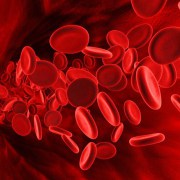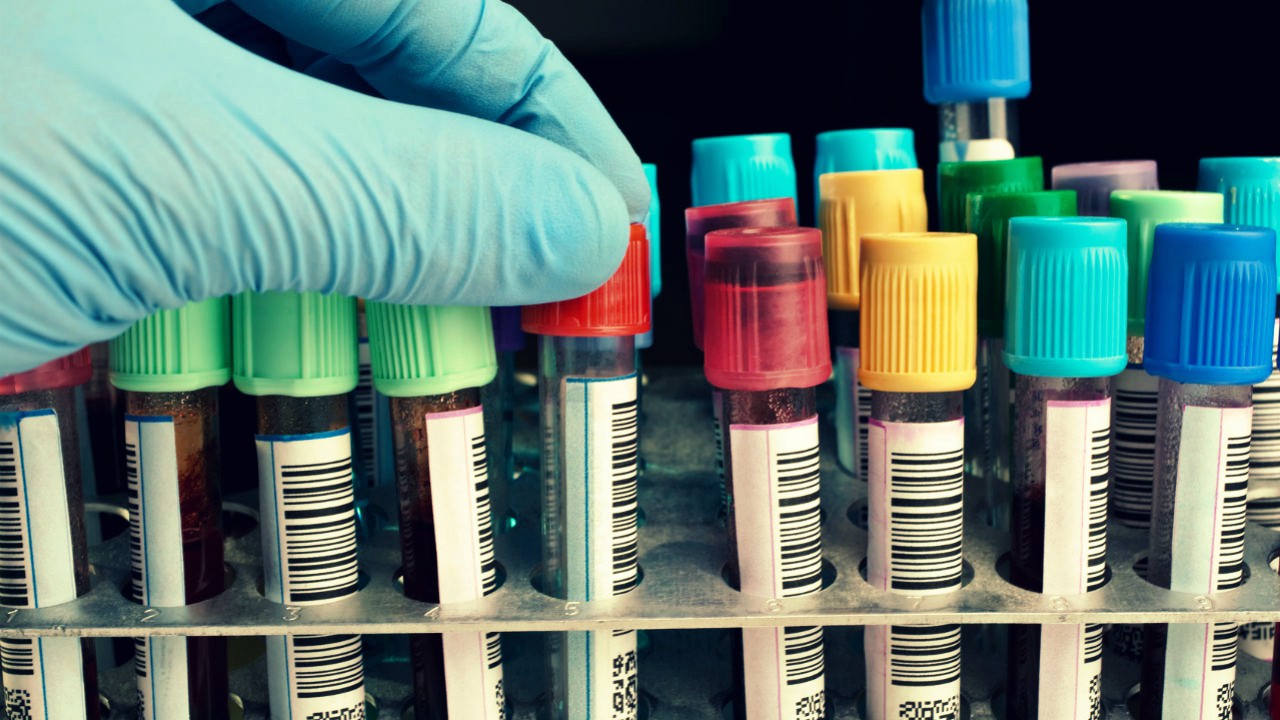 Photo: Getty Images
Photo: Getty Images
During this month of heart health awareness, I want to bring attention to some of the most common conditions that contribute to heart disease. Today I want to talk about cholesterol levels in the blood.
High cholesterol levels are a concern because of the potential damage they could cause in the body. Cholesterol can become a problem if it contributes to the process of plaque buildup in the blood vessels.
When blood vessels get damaged on the inside of the vessel normal inflammation occurs. If there are high levels of cholesterol circulating in the body it can become trapped in the repair process of the vessel and create plaque.
Plaque is dangerous because it narrows the arteries, making it harder for blood to get to organs and cells of the body. This process is called atherosclerosis.
If the blood vessels of the heart get narrowed or blocked this can cause a heart attack. Finally if the plaque breaks off it could cause a stroke.
High cholesterol, or hypercholesterolemia is a concerning disease because it has no physical symptoms and can only be detected by blood test. This means that unless you are going for your annual physical and getting your blood work completed, you will not know what your cholesterol level is.
It is important when you do get your lab work results that you get the numbers of your cholesterol levels so you know exactly what they are. Do not let your doctor tell you your numbers are fine and leave it at that.
The reason I want you to know your numbers is because health and illness are on a continuum and generally speaking if you look at your lab work every time you get it done you can begin to see a pattern for your health.
If you start to see your cholesterol levels steadily moving toward the high side of normal you can take control of your health before you get the diagnosis of high cholesterol or another heart problem.
Normal laboratory reference ranges for total cholesterol levels are 140-199 mg/dl. Total cholesterol levels above 200 mg/dl are considered high and generally will be treated to lower it. It is important to note that that our bodies are expected to have some cholesterol for normal processing.
I bring this point up only because having low cholesterol levels can cause other problems so don’t become an overachiever and try to get rid of all the cholesterol in your body. I mention that because I have had patients that have tried to do that and after a few minutes of education they are proud of their good cholesterol levels.
The message that I want you to get from this article is to take control of your health by partnering with your doctor and getting your annual physical and blood work every year.
Understanding your lab work empowers you to make the lifestyle decisions positively impact your health. In the next blog we will discuss lifestyle options to support healthy cholesterol levels.
Dr. Dae
http://twitter.com/drdae
https://www.healthydaes.com
https://www.facebook.com/healthydaes
Dr. Dae is a Naturopathic Physician who practices in the Washington DC metro area treats the whole person using safe and effective combinations of traditional and natural methods to produce optimal health and well-being in the lives of her patients.
Sources:
Gordon, Dr. Jerry. "Discovery Health "Blood Cholesterol vs. Dietary Cholesterol"." Discovery Health "Health Guides". N.p., n.d. Web. 6 Feb. 2012. http://health.howstuffworks.com/diseases-conditions/cardiovascular/cholesterol/cholesterol2.htm
"High cholesterol - MayoClinic.com." Mayo Clinic. N.p., n.d. Web. 6 Feb. 2012. http://www.mayoclinic.com/health/high-blood-cholesterol/DS00178
Stone, Neil. "Discovery Health "How the Body Uses Cholesterol"." Discovery Health "Health Guides". N.p., n.d. Web. 6 Feb. 2012
http://health.howstuffworks.com/diseases-conditions/cardiovascular/cholesterol/how-the-body-uses-cholesterol.htm.
Reviewed February 8, 2012
by Michele Blacksberg RN
Edited by Jody Smith






Add a CommentComments
There are no comments yet. Be the first one and get the conversation started!